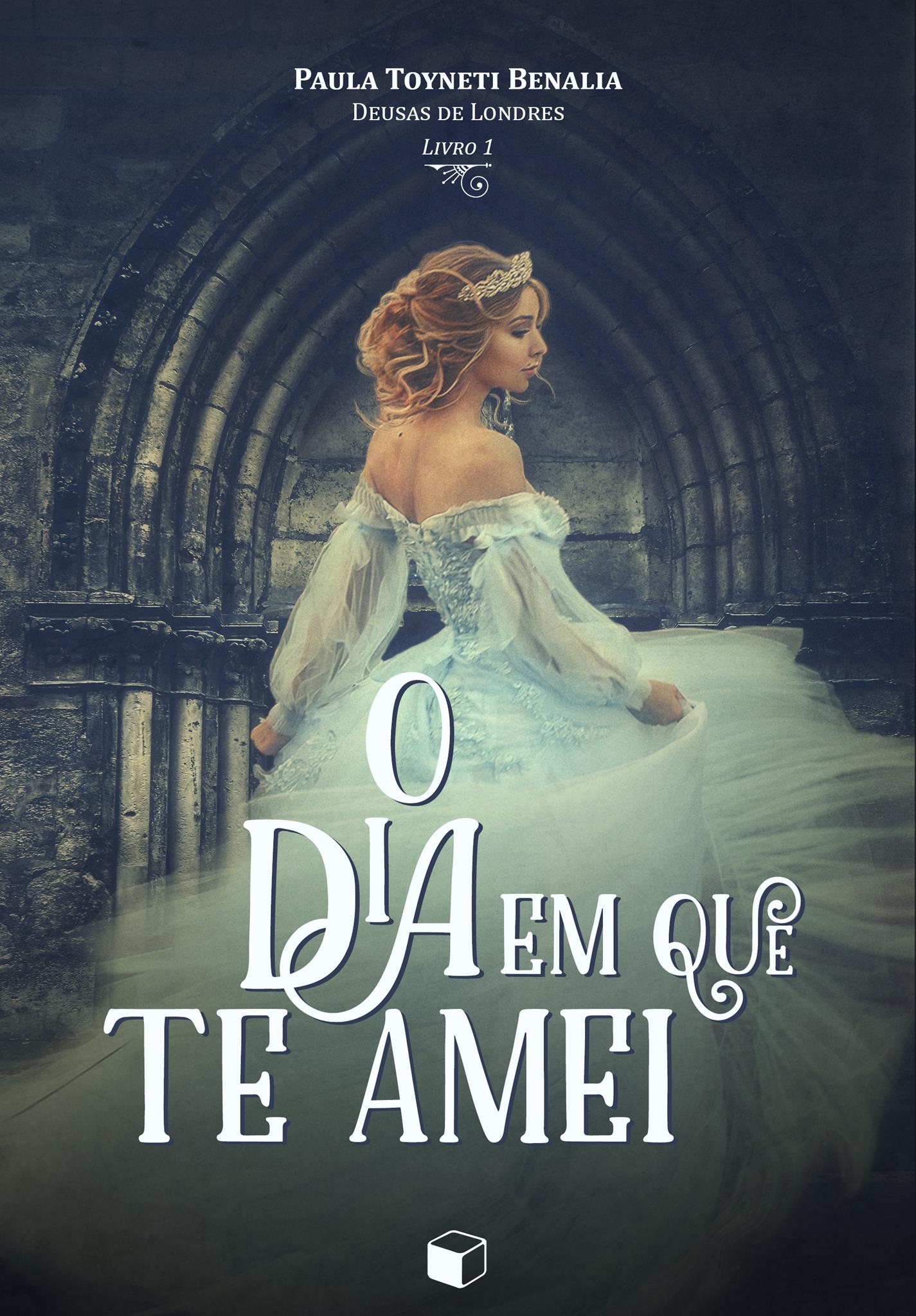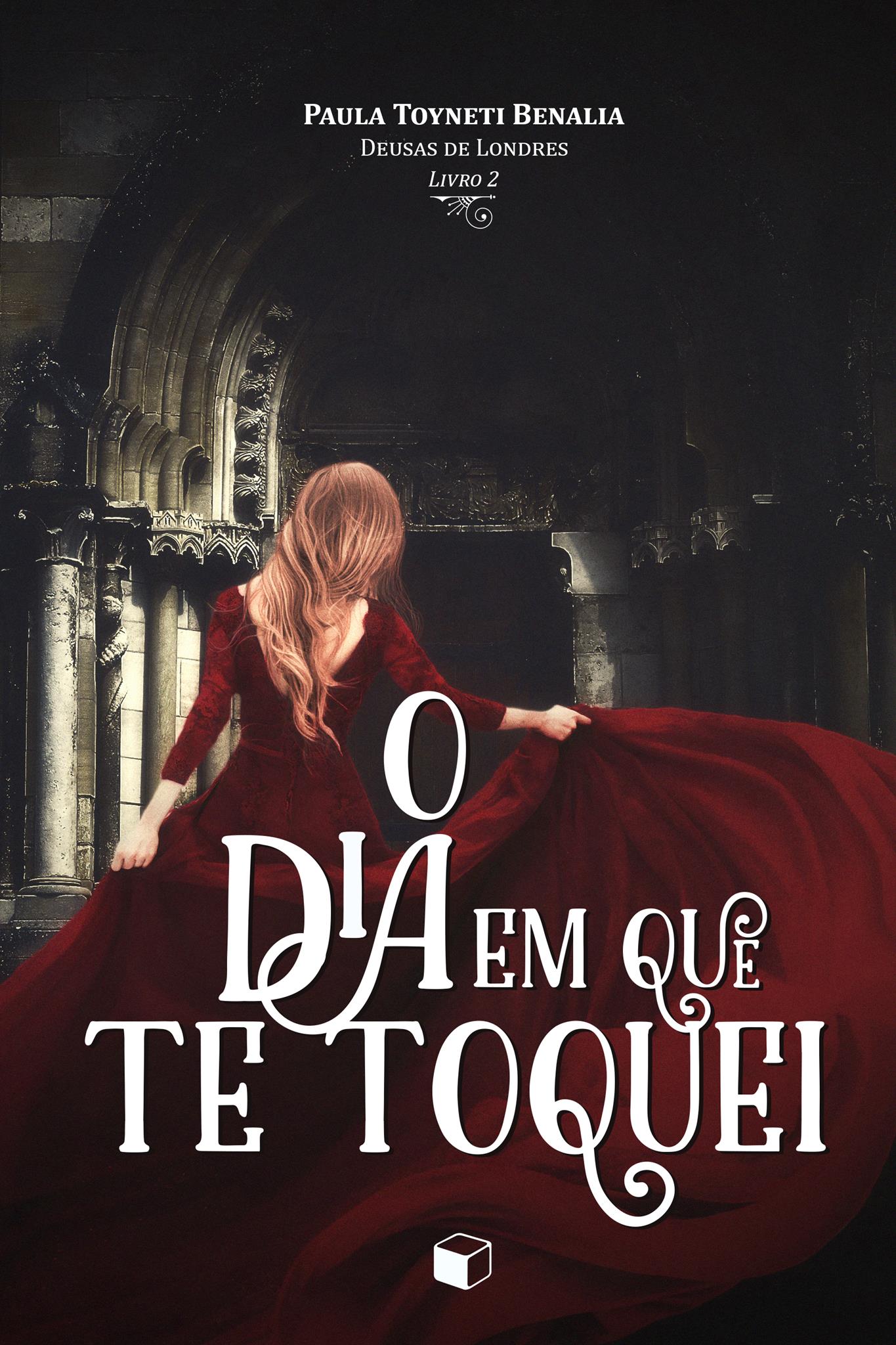With the literary series “Goddesses of London”, author and psychologist Paula Toyneti Benalia transports readers to the atmosphere of the 1800s, where women like Helena, Nataly and Marshala defy the conventions of sexist society in search of revenge and autonomy. Published by The GiltBox Editora, this trilogy delves into human desires, revealing how love and hate can coexist and motivate surprising actions. Inspired by deities such as Hemera , Aphrodite and Hestia , the protagonists challenge the patriarchy and write their own stories, marked by scandals, tragedies and an unshakable determination. With an engaging and reflective narrative, Benalia takes readers through a universe where the “no’s” imposed on women are transformed into fuel for an unstoppable inner strength.
How did the inspiration come to create the “Goddesses of London” trilogy and explore themes such as revenge and the fight against patriarchy?
It arose from a passion for historical novels along with the desire to research what women’s lives were like at that time. So the idea of creating three strong women who didn’t accept what was imposed on them came up.
Each of the trilogy’s protagonists has their own journey and challenges. How did you develop your characters to be so complex and captivating?
I thought about combining all the characteristics that were hated in women at that time, such as the fact that they were scandalous, strong, questioning, enterprising, owners of their bodies and themselves, and then I created the three goddesses.
When setting the story in 19th century London, what were the main challenges you encountered in portraying the society of the time in an authentic way?
The biggest challenge was the study part, as I needed to thoroughly investigate all the issues of the time, such as speeches, settings, customs and clothing. Absolutely everything that was written was studied.

The main characters are inspired by Greek deities, right? How is this mythological influence reflected in the characters’ trajectories?
When we think of Greek goddesses, we think of beauty and power in their magnitude, and it was precisely this that influenced the characters’ trajectory.
In his books, there is a mixture of elements such as love, hate, affection and revenge. How do you balance these feelings to create an engaging narrative?
I always try to mix feelings so that reading is exciting and light at the same time. So in very sad scenes I always try to put some humor in the sequence, or in the scene itself, so that it becomes a very dynamic reading.
How did your training in Psychology influence the construction of interpersonal relationships and the psychological development of the characters in the trilogy?
My background totally influences the creation of my characters. They are always full of stories from the past that mark their adult lives, as I see in my approach to study and in my clinical experiences .

The narrative is driven through different points of view of the characters. What was your approach when choosing this style of narration and how does it enrich the story?
I like intercutting because I think I can explore well what each character is feeling. When we only include one person’s narrative, the other is at the mercy of the thoughts and feelings of what is being narrated . When the two narrate, you have a much broader view of the story.
The title of the trilogy, “Goddesses of London”, suggests a connection between the protagonists and female deities. How does this connection develop throughout the books?
It emerged from this role as a powerful woman, who commands, builds and governs the world.

In addition to entertaining readers, what messages or reflections do you hope to convey through your work, especially to a female audience?
The message of the power that women have in their hands and that is often hidden by a sexist society that instills in women’s heads that they cannot do many things. The message is this, that we can!
With ten books published, how do you see your writing evolving over time and what are your plans for future literary projects?
Yes, writing always evolves as I am always in the process of studying and learning, in addition to the experience we acquire over the years. This year there is a book focused on the psychological side that is being released, talking about human relationships and there are two more novels that should be published by the end of the year.
Follow Paula Toyneti Benalia on Instagram


